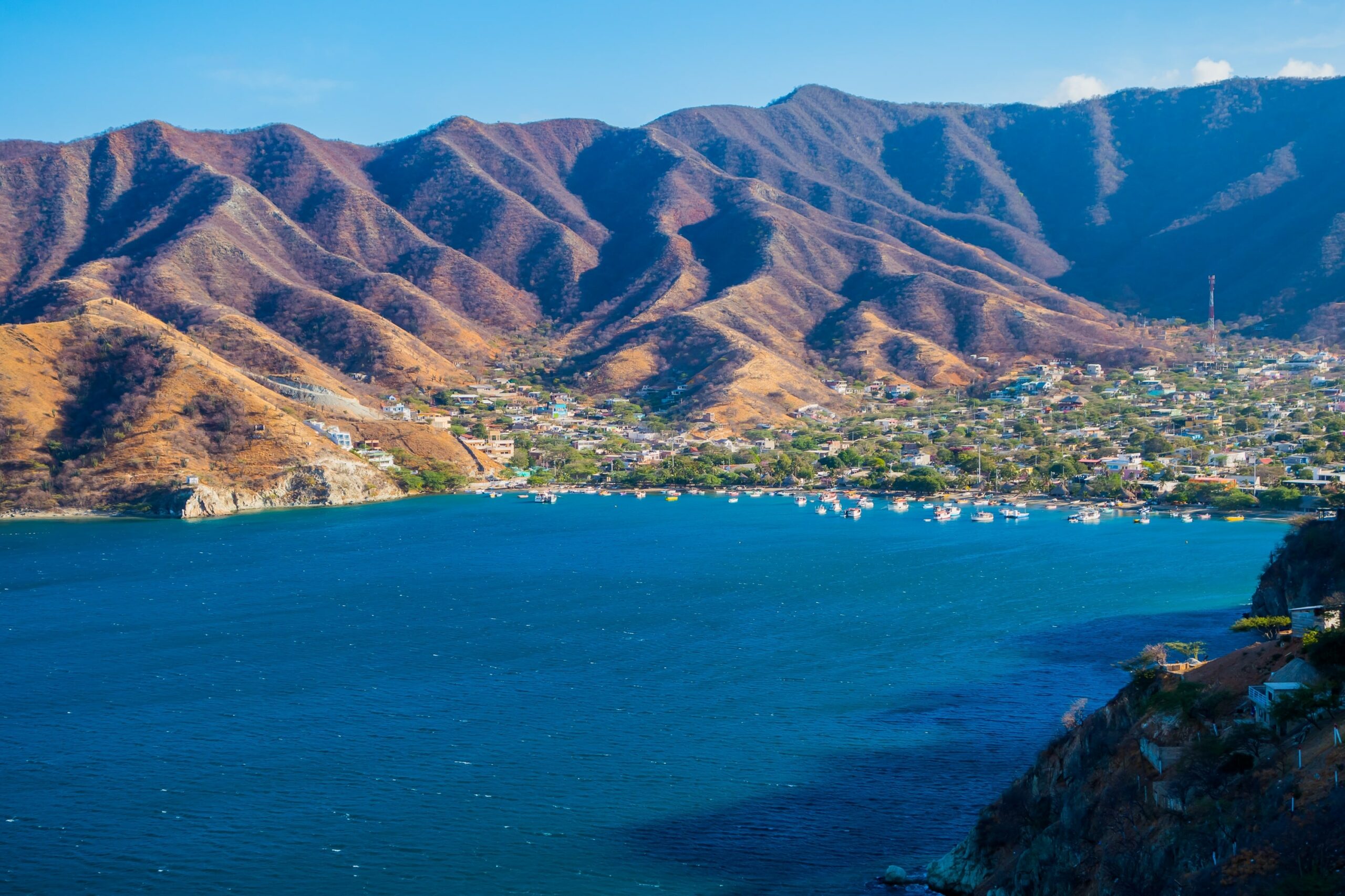
The travel and tourism industry annually grows between 1 to 1.5x faster than the world economy. Within that sector, eco-tourism’s popularity continues to rise as more people become environmentally conscious and value minimal impact (World Travel and Tourism Council, as reported by Eco-business.com). There are also two sides to eco-tourism’s international growth.
First, we find that eco-tourism is benefiting and shedding a new light on many countries’ economies that never previously relied on tourism or a form of tourism involving their natural eco-systems. Second, as world economies change and many countries’ living standards increase, we see not only marketing for new eco-minded travel locations but also a need for these publicities in new languages. For example, as reported by China Daily News, “outbound Chinese travelers have grown at double-digit percentage rates since 2012. Thanks to relaxed visa restrictions, rising value of the renminbi and the advancement of mobile Internet, the boom in overseas travel is expected to increase further in the future.”
Living in Bogota, Colombia, I have recently seen an increased amount of publicity for eco-tourism, mainly in the national language of Spanish. Perhaps inspired by these publicities, I chose to travel into the nearby Colombian mountains to celebrate a week-long holiday. A nature enthusiast myself, I sought out an eco-tour for my week off that would lead me through foreign mountain ranges and their tribal lands respectfully. I left to meet up with the agency I selected, along with the other enrolled hikers, the night before our departure. At the meeting, I quickly realized I was one of the few who may have found an agency somewhat easily through advertising or online research. Our group consisted largely of tourists from China and Korea. As global economies change and the internet bridges various countries’ lifestyles, I realized many may have chosen this area for trekking based on Pinterest Colombia board pictures instead of through written information.
“Whinney” a tech specialist in Hong Kong, told me that she has been able to travel to various countries over the last few years, always selected hiking groups or active tours to show her the new surroundings. “How did you choose this place? Can you read much Spanish or do you depend on English?” I asked her. She smiled and whipped out a cheap translation app. “This helps me get by,” she laughed in broken English. A Chinese agency had sold her on the eco-tourism in Colombia, but when she had decided to stay longer seeking out this next destination hadn’t been necessarily easy for her since most companies were not translating their websites or publicity into anything other than Spanish or occasionally English.
Finding Whinney’s story interesting, I began researching local eco-tourism companies advertising to non-South American tourists. Many of them appeared to be quite successful, boasting top notch trip advisor reviews by North Americans, Europeans or Australians and quoting prices comparable to eco-tours in those continents. More research uncovered numerous tourist reviews claiming that their time spent exploring South America via ecotourism was comparable to more renowned geological locations, including the Alps or North America’s western national parks. These blogs predicted that in ten years time South America would be a changed place in terms of tourism. However, although South American eco-tourism is notably expanding, perhaps what has yet to realized by local industries is that the more tourism there is, the greater the need will be to translate advertisements or websites into the languages of their major client groups.

Eventually companies will need to compete for business in foreign markets, such as China. As stated in the previous blog Companies with Killer Localized Websites + Keys to Localization Success, the importance of knowing your website audience is crucial to success. The need for professional translation services for your website and publicity, showing your potential clients that you take their business seriously and have a high-quality product, is necessary not only when your company enters a new market but also when you find a new market coming to you.
As Hawaii realized years ago, although their language was American English, a large percentage of their tourism was arriving from Japan, and since the economy was steadily becoming reliant on tourism, the Japanese language quickly became very important. Suddenly many translation services were needed not only for tourism publicity for also for corporate negotiations and governmental alliances.
As we steadfastly move into a more globalized world, it becomes increasingly evident that growing industries, such as eco-tourism, need to look to the future and prepare for clients speaking languages previously never encountered in their home markets. As Asian tourism grows, so will the need for professional Chinese, Japanese, and Korean language translation. Stay ahead of the game and remember that localization is crucial for international business success, but so is becoming professionally multilingual if your market is too.






Comments are closed here.